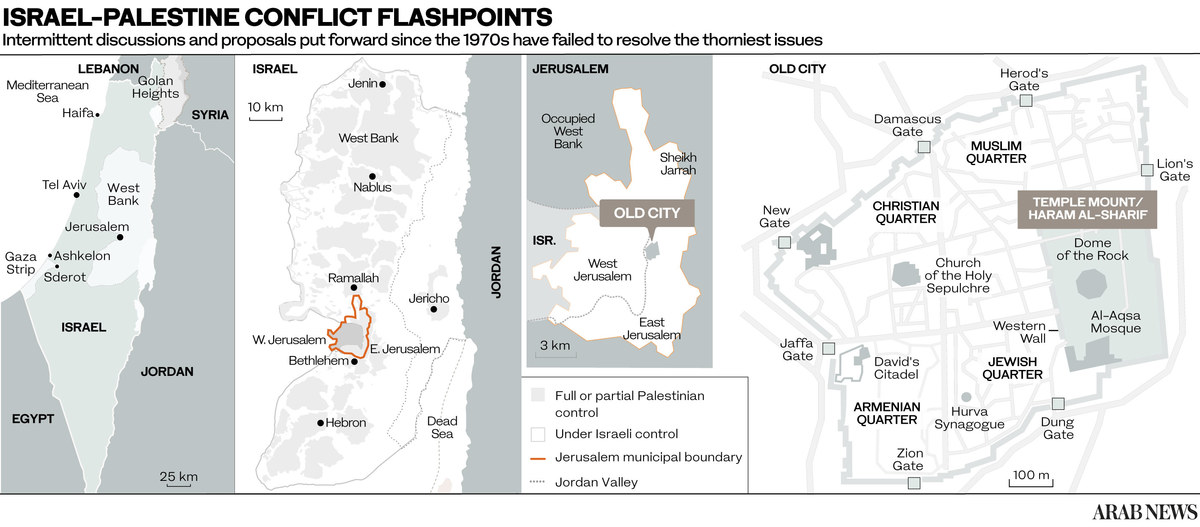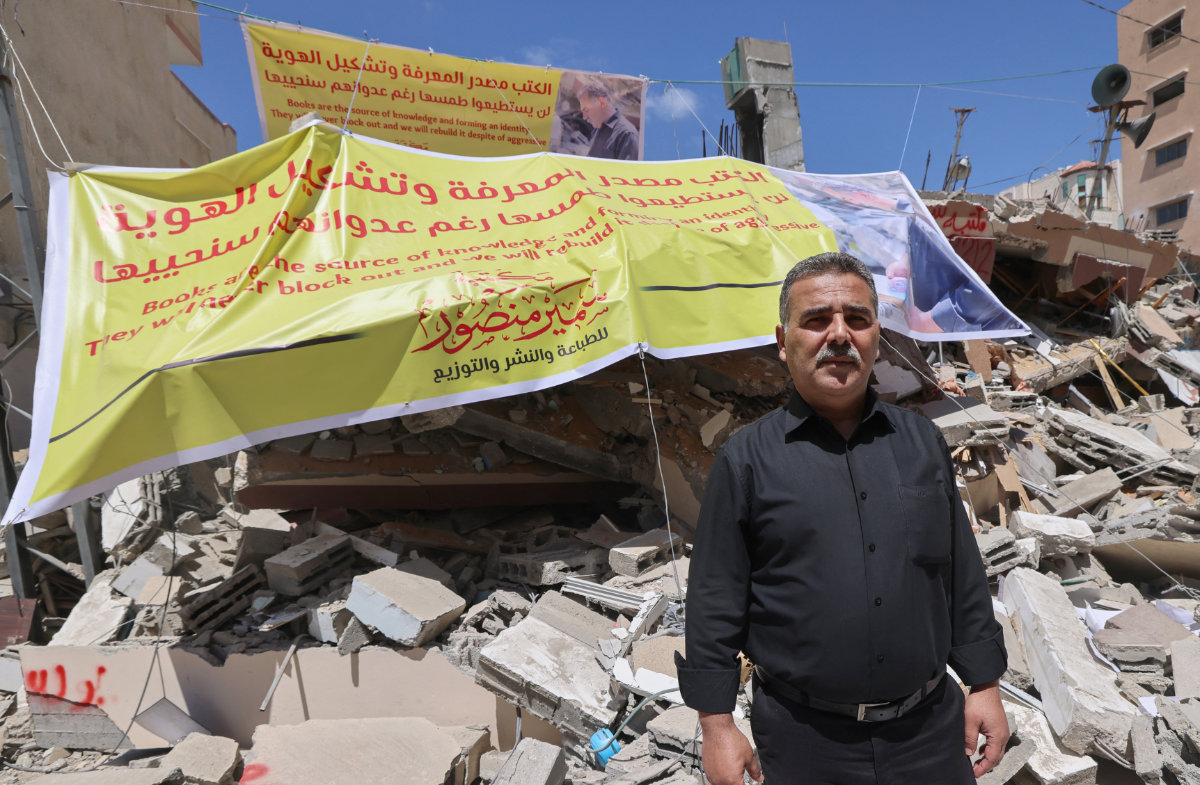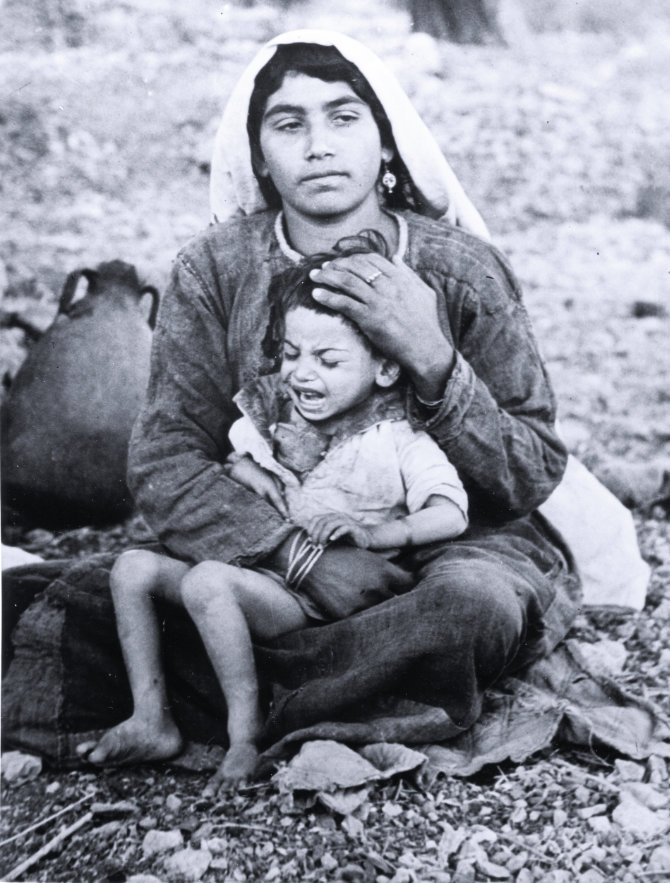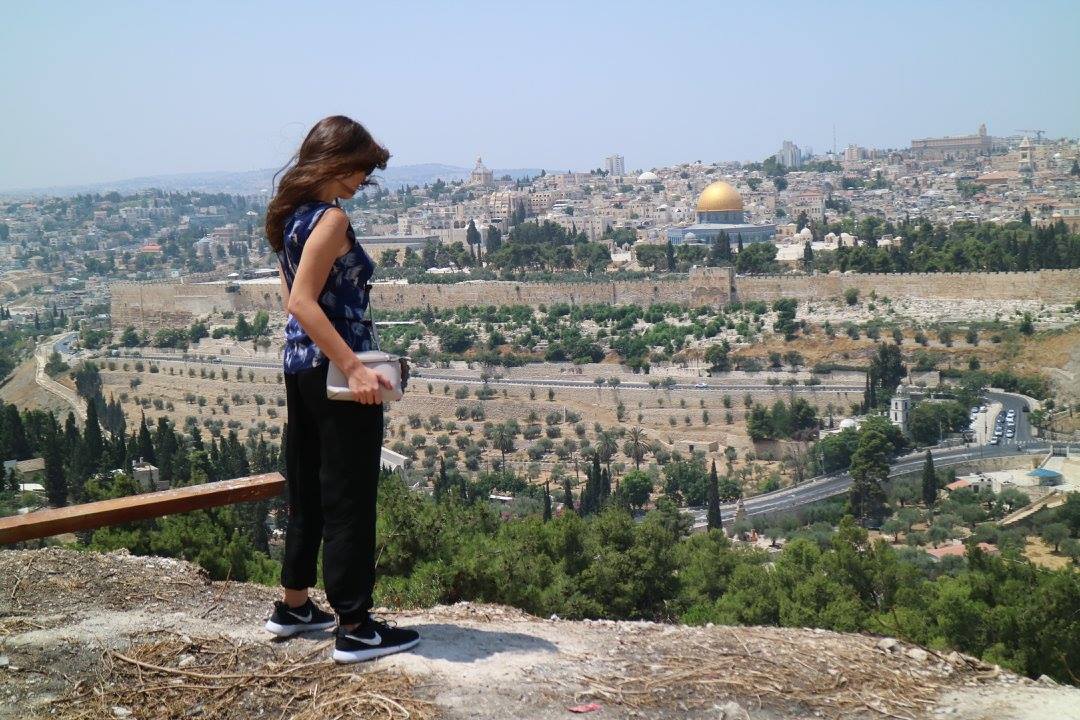DUBAI: The rocket launches, the interceptions by the Iron Dome and the artillery exchanges between the Israeli military and Hamas have abated, for now, following an agreement brokered by Egypt on Friday. But the Palestinian diaspora around the world has been energized just when the unresolved issues of East Jerusalem, the West Bank and the Gaza Strip had slipped down the global agenda.
For 11 days, images of violence and destruction from Gaza filled the airwaves and social-media platforms. Palestinians were able to remind an international audience of, among other ills, unbridled Israeli settlement activity in the West Bank and the blockade of Gaza, a sliver of land blighted by unemployment and economic deprivation that houses nearly 2 million people.
They have also been able to point to a stalled peace process. Previously, hopes ran high that the US could solve the long running Israel-Palestine conflict. But Benjamin Netanyahu, who has been Israeli prime minister on and off since 1996, has repeatedly run on a pro-security ticket and shown no interest in a two-state solution.

Letting off pent-up anger and frustration, international activists organized demonstrations from Berlin to Paris and even Tokyo against the Israeli military campaign in Gaza. Some of those protests were marred by rioting: attacks on visibly Jewish people in Times Square in New York, road blocks in Los Angeles, violence in Berlin and anti-Semitic provocation in Jewish areas of London.
Of late, pro-Palestinian campaigners have cooperated with social justice activists and found inspiration from the Black Lives Matter (BLM) movement, which has made its presence felt in the US and other parts of the English-speaking world since May last year. The activists use social media to organize and spread their message.
Reem is a member of the Palestinian diaspora with roots in Haifa in Israel and Nablus in the West Bank. She expressed what is probably a common sentiment when she told Arab News: “I feel indebted to BLM, which has effectively changed the way we talk about social justice. This, as well as Black-Palestinian solidarity, has raised the profile of the Palestinian cause, and it has encouraged celebrities to speak out with less fear, which has also been a catalyst of the movement.”
Referring to an area in East Jerusalem inside the Green Line which most believe to be occupied by Israel, she said: “It was incredible to witness the power of social media attention that Sheikh Jarrah and Jerusalem residents were able to garner this time.

Samir Mansour is pictured in front of his bookstore that was destroyed by Israeli air strikes in Gaza City on May 22, 2021.(Photo by Emmanuel Dunand / AFP)
“When the assault on Gaza started, our exhilaration (as activists) came to a halt,” said Reem, who did not want to reveal her full name. “Gazans reported the intensity of the attacks, the advanced technology that Israel used against them, and a steep, indiscriminate death toll. As Israel wages war on Gaza every few years, the world has become desensitized to the brutality the Gazan population endures.”
The latest hostilities between Hamas and the Israeli military have left 232 Palestinians, including 65 children, and 12 Israelis dead. Another 25 were killed in violence in the West Bank.
ALSO READ: Nakba: Images of Palestine before and after 1948
The Palestinian group and its allies fired more than 4,300 rockets into Israel, most of which were intercepted by the country’s Iron Dome air defense system. Intense Israeli bombardment and artillery fire led to the displacement of 120,000 people in the Gaza Strip.
What Reem considers as a significant turning point was the collective action of Palestinians living in Israel. She said they have shown that the indigenous Palestinian population may be fragmented but also united.
Even though Reem shared her views on the recent fighting via social media, she is not an active user over privacy concerns. However, she believes that those with a wide social media following can be hugely influential.
Activists have found support among influencers around the world with massive followings. Sisters Bella and Gigi Hadid are California-based models of Palestinian descent. Gigi Hadid has 10.3 million followers on Twitter.

Influencers and the tech-savvy generation are playing a key role in raising awareness of the long plight of the Palestinian people. (Getty Images)
They appeal to a variety of liberal causes, not just that of the Palestinians. The sisters posted on Instagram: “One cannot advocate for racial equality, LGBT and women’s rights, condemn corrupt and abusive regimes and other injustices yet choose to ignore the Palestinian oppression.”
Other, everyday people of Palestinian descent are just as determined to draw international attention to their cause.
Dina Dahmash, a Palestinian who divides her time between London and Dubai, has been vocal on social media platforms. She admits feeling helpless over the displacement of families in Sheikh Jarrah and the conflict’s human toll.
“My family from two sides originate from Palestine — Lydda and Al-Shaykh Muwannis,” she told Arab News. “My paternal grandfather, Khalil Dahmash, is from Lydda and my maternal grandfather, Dr. Zaki Abu-Eid, is from Al-Shaykh Muwannis, a village on the outskirts of Jaffa, which is modern-day Tel Aviv, right underneath the university.”
She said her great-grandfather built the Khalil Dahmash mosque in Lydda in 1923, which still stands today. “My grandfather survived the Dahmash massacre, escaped barefoot to Ramallah, then to Syria, before moving to Kuwait to build his life. After the Gulf War, my family moved to London where I grew up. Unfortunately, all my family was expelled (from Israel) in 1948, with no way to return due to Israel’s discriminatory policies.”

Influencer Dina Dahmash helps Palestinians by raising awareness of their long plight. (Supplied)
“I am lucky enough to be able to return to the land, so I can be a lens for the Palestinian diaspora who are not able to do so. Never does a day pass when I don’t wake up with Palestine on my mind, about which I end up posting across all my social media platforms — whether cultural, political or historical.”
Dahmash has sought to widen the circle of protest beyond a committed network. “I am grateful that I have been able to create dialogue with non-Palestinians and introduce them to our cause,” she said.
Dana Aker, a Palestinian who divides her time between Dubai and Toronto, Canada, has created an Instagram page with a friend, called OurPalestinianStories. Here she encourages different people, whether living in Palestine or abroad, to shed light on life under the occupation or during their visits.
“I realize people really connect to stories (more) than images of deaths or statistics,” she told Arab News. “I’ve seen so much positive impact just from that, that I’ve already changed many people’s perspectives just by shedding light on some of my own experiences.”
Aker’s roots go deep into Palestine, with her father’s side of the family still living in Ramallah and Nablus, the West Bank city where she is originally from. For some members of her family, such as her uncle who works as a surgeon in a hospital in Jerusalem, the latest Israel-Hamas fighting took a toll on their livelihoods as they were unable to show up for work.

Members of the Palestinian community in Chile protest on May 19, 2021 outside the Israeli Embassy in the capital, Santiago city, against Israel's military operations in Gaza. (AFP)
“It affected them emotionally,” she told Arab News. “It was completely exhausting, heart-breaking and suffocating.”
Aker says the international community must hold Israel to account for its actions. “There have been a lot of blanket statements from governments saying ‘peace needs to happen.’ But they should make it happen. Words are nothing; they don’t do anything. They need to stop funding or providing weapons to the Israeli military, stop the theft of Palestinian lands and the terrorizing of the population.”
She blames what she calls ignorance in tackling the root of the conflict. “I even heard from some Jewish friends that my social media is looking at it from a different angle,” she told Arab News. “People are dying and that’s a fact. People are always downplaying what’s happening in Palestine.
“We need, as Palestinians, to do as much as we can to get our voices heard and this is the first time in my life that I’m actually seeing a difference,” she added.
____________________
• Twitter: @CalineMalek





































